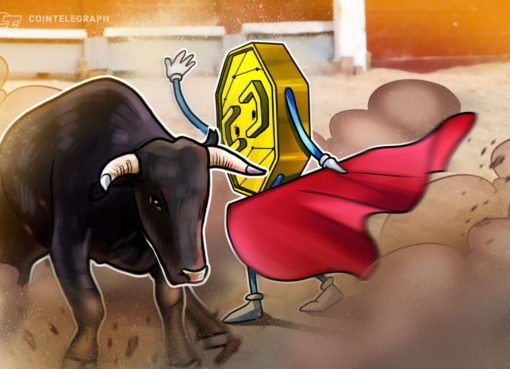DZ Bank, the third largest bank in Germany by asset size, has launched its own digital assets custody platform built on the blockchain. According to an announcement published on Nov. 2, the platform will work with institutional clients, offering them crypto securities, such as the crypto bond from Siemens, which DZ Bank subscribed to six months ago.
Holger Meffert, head of securities services and digital custody at DZ, expressed the bank’s interest in distributed ledger technology (DLT):
“We assume that within the next ten years, a significant proportion of capital market business will be processed via distributed ledger technology (DLT)-based infrastructures. In the medium term, we see DLT as a complementary technology to the established infrastructures in the existing capital market processes.”
The bank also hopes to offer institutional investors and private customers the facility to buy cryptocurrencies, “such as Bitcoin,” in the future. To achieve that, DZ applied for a crypto custody license from the German Federal Financial Supervisory Authority (BaFin) in June 2023.
Related: How major German firms like Mercedes and Lufthansa are using NFTs
Cryptox has recently reported on German banks’ shift toward crypto adoption despite the country’s strict industry regulatory regime. More and more institutions are finding ways to allow customers access to cryptocurrencies.
In March 2023, Deutsche WertpapierServiceBank took an important step with the launch of its wpNex crypto trading platform, which gives 1,200 banks and savings banks in Germany access to the digital asset industry. Asset management group DWS, majority-owned by Deutsche Bank, also announced it was working on exchange-traded products of cryptocurrencies in the European market and developing other digital solutions that will give investors access to blockchain applications and digital assets.
Other traditional banks, including Commerzbank and DekaBank, also seek crypto custody licenses from Germany’s financial watchdog, BaFin.
Magazine: Slumdog billionaire 2: ‘Top 10… brings no satisfaction’ says Polygon’s Sandeep Nailwal




